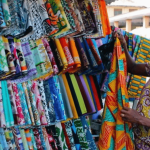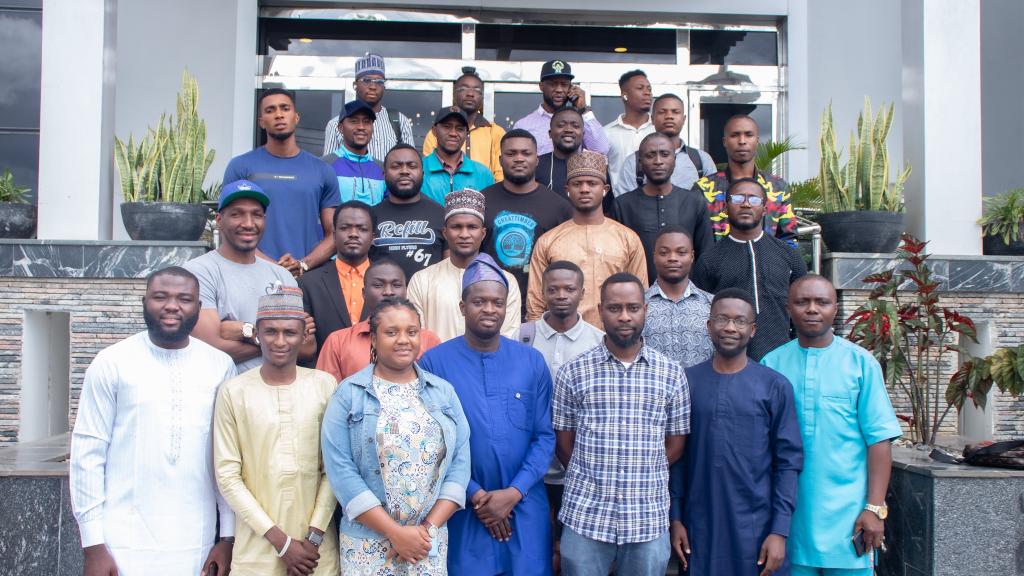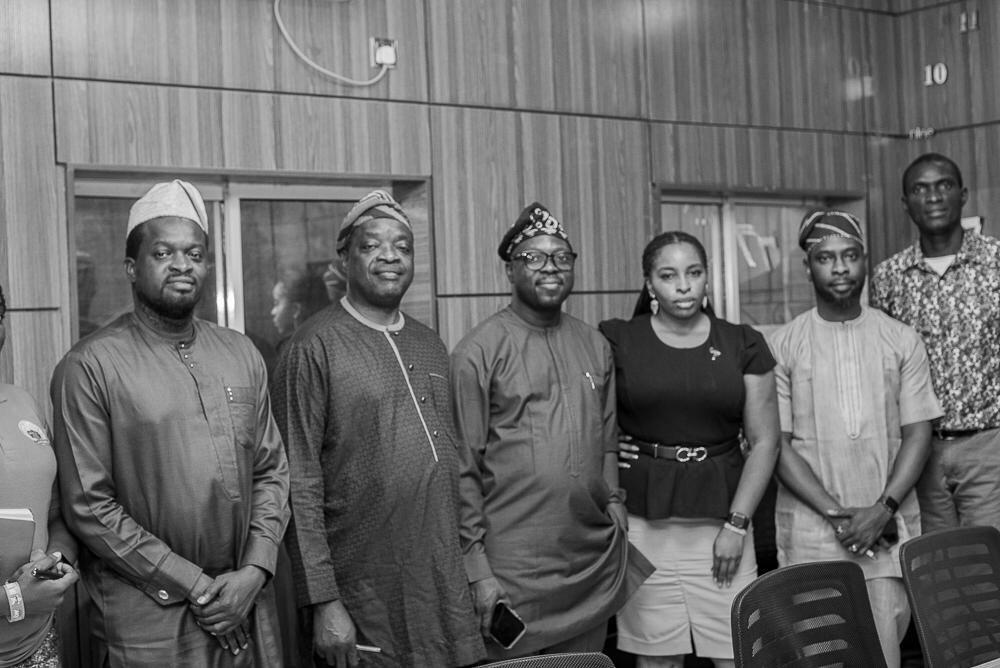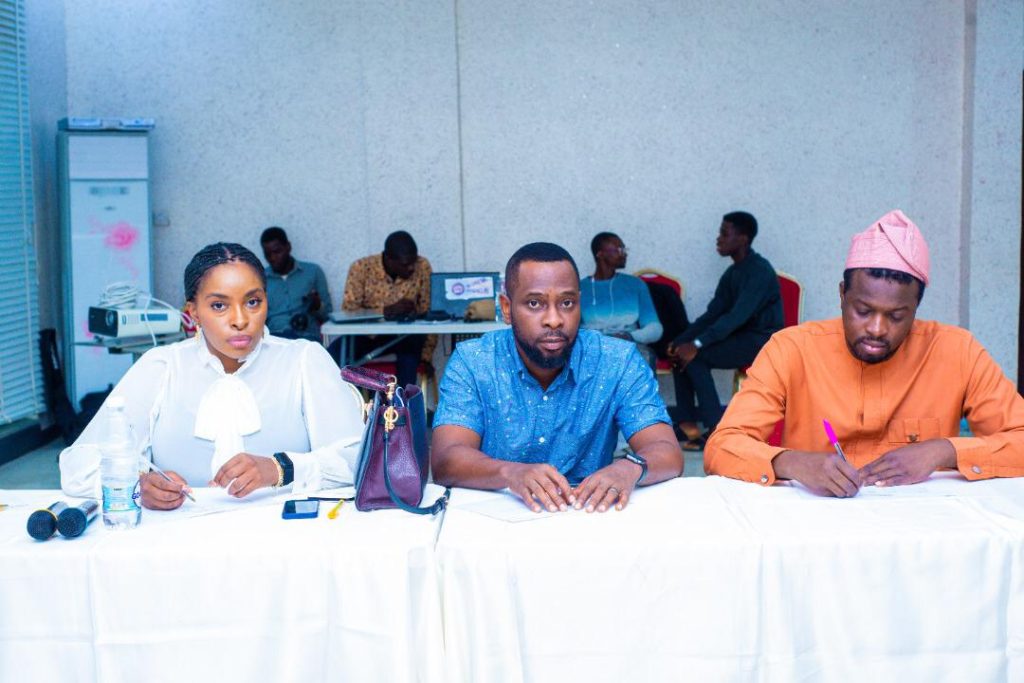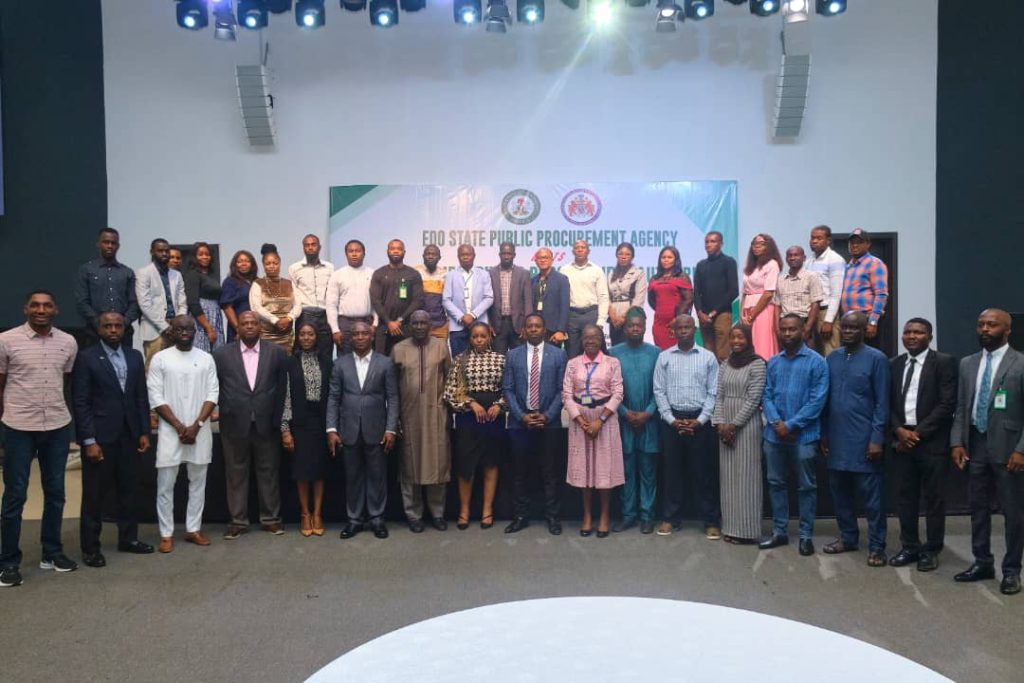Director General of the National Agency for the Prohibition of Trafficking in Persons, Fatima Waziri-Azi has said there is a need to (jointly) address the scourge of trafficking in persons and corruption to help combat trafficking in persons-related corruption most effectively. She called for an amendment to the Trafficking in Persons (Prohibition) Enforcement and Administration (TIPPEA) Act, 2015 to achieve that aim.
Professor Waziri-Azi made the remarks in her paper presentation at the 8th inaugural lecture of the Nigerian Institute of Advanced Legal Studies (NIAS), titled “The Interplay Between Corruption and Human Trafficking: Implications and Solutions for Nigeria”.
She argued that the disappointing implementation of counter-trafficking measures, especially in arrests, investigations, prosecutions and protection, is medium and high-level corruption, and interferes with policies in multiple ways.
The lecture was to validate the interrelationship between corruption and human trafficking, highlight the implications and propose solutions. This lecture established a link between levels of perceived corruption and human trafficking in Nigeria.
“By addressing both issues simultaneously, efforts are more coordinated and effective. Human trafficking and corruption are often intertwined, and a comprehensive plan allows for tackling the root causes and mechanisms that facilitate both. Addressing both issues together can significantly reduce the incidence of human trafficking and the corruption that enables it,” Professor Waziri-Azi argued in her lecture.
The DG said the TIPPEA Act should be amended to include corruption-related human trafficking issues. She called for a new section or an amendment of section 34 to make it illegal for a public official to use their office or position to impede investigation, prosecution or execution of a lawful order under the TIPPEA Act. She said an official who tampers with a witness, evidence or exhibit by falsification should be liable on conviction to imprisonment for a term not less than 7 years and to a fine not less than N2 million or both.
DG of the Nigerian Institute of Advanced Legal Studies Prof Muhammed Tawfiq Ladan who made observations to the paper, said the lecture was an opportunity “for Professor Waziri-Azi to prove herself to the public and she has distinguished herself as an audacious legal scholar.”
“This is a very innovative way of presenting scientific evidence of one’s scholarship in terms of analysis. She has provided practical solutions to the problems. You can also see evidence of Professor Waziri’s policy-oriented recommendations at addressing corruption in human trafficking in her contribution to knowledge,” Ladan stated at the Abuja event.
Professor Ladan said Waziri-Azi showed with evidence that there is glaring evidence of Nigeria’s legal, policy, judicial and programmatic intervention in addressing the problem of human trafficking and official corruption that has further compounded the problems of human rights abuse in Nigeria.
Last modified: August 2, 2024

